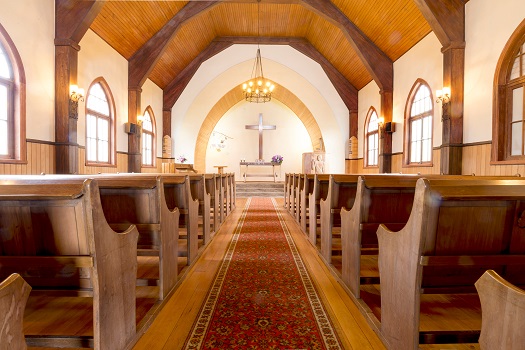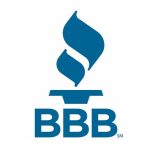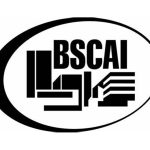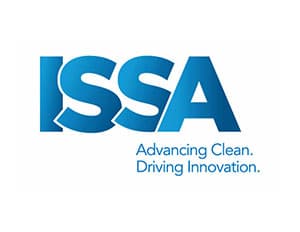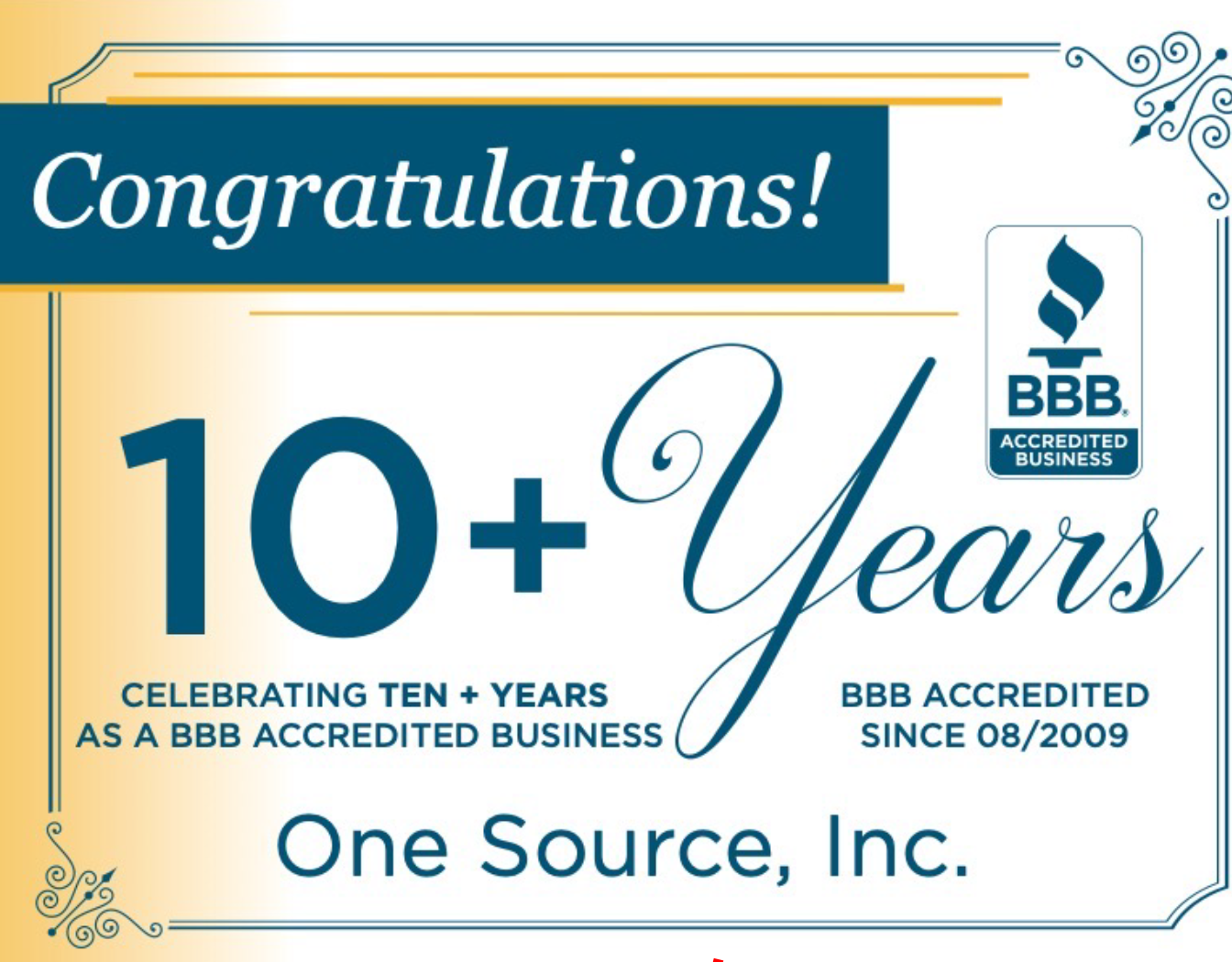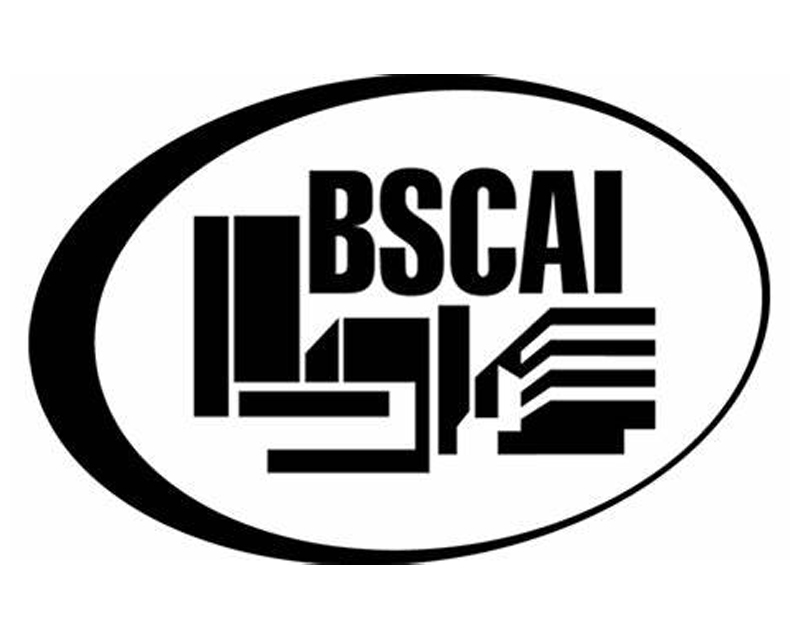Churches serve as sanctuaries, places of worship, and community hubs for many people. These sacred spaces hold spiritual significance and cultural importance. To maintain a welcoming and hygienic environment, regular cleaning is crucial. But how often should a church be cleaned? Keep reading as we explore the factors that influence how frequently churches should be cleaned and offer practical insights for church leaders and caretakers.
Why Is Regular Church Cleaning Essential?
Before addressing the ideal cleaning frequency, let’s understand why it’s essential to keep a church clean:
- Spiritual wellbeing – A clean church can enhance the spiritual experience of worshipers. A well-maintained environment fosters concentration and serenity during religious services.
- Health and safety – Regular cleaning reduces the risk of germs and allergens accumulating, promoting the health and safety of congregants.
- Longevity – Cleanliness extends the life span of church assets, including furniture, carpets, and fixtures, reducing the need for costly replacements.
- First impressions – A clean church creates a positive first impression, attracting newcomers and fostering a sense of community.
Now that we understand the importance of church cleanliness, let’s discuss how often it should be done.
How Frequently Should a Church Be Cleaned?
The frequency of church cleaning depends on several factors, such as:
- The size and layout of the church building
- The number and type of activities and events that take place in the church
- The number and ages of the people who attend the church
- The season and weather conditions
- The local codes and regulations for public health and safety
In general, churches should be cleaned at least once a week, preferably after main services or events. However, some areas and items may need to be cleaned more often. These include:
- High-traffic and high-touch areas, such as entryways, hallways, restrooms, break rooms, and offices
- High-risk areas, such as nurseries, classrooms, kitchens, and storage rooms
- High-visibility areas, such as sanctuaries, altars, pews, windows, and doors
- High-maintenance items, such as carpets, rugs, upholstery, instruments, and equipment
What Is an Appropriate Cleaning Schedule?
While specific cleaning schedules will vary based on the factors mentioned above, general guidelines can be established:
- Daily cleaning
- Emptying trash bins
- Sweeping and mopping high-traffic areas
- Cleaning restrooms
- Dusting surfaces and pews
- Replacing candles and other religious items as needed
- Weekly cleaning
- Vacuuming carpets
- Cleaning windows
- Wiping down surfaces
- Polishing woodwork and fixtures
- Checking for pest infestations
- Monthly cleaning
- Deep cleaning carpets and upholstery
- Cleaning light fixtures and ceiling fans
- Inspecting for signs of wear and tear
- Restocking cleaning supplies
- Seasonal cleaning
- Inspecting and cleaning HVAC systems.
- Power washing exterior surfaces
- Replacing air filters
- Conducting maintenance on outdoor spaces and landscaping
What Are the Best Practices for Church Cleaning?
Church cleaning practices should follow the CDC’s cleaning and disinfecting guidelines, which aim to reduce the risk and spread of viruses and other disease-causing organisms. Here are some of the best practices to follow:
- Use appropriate equipment and supplies for cleaning and disinfecting. These include vacuums, mops, buckets, brooms, dustpans, dusters, cloths, sponges, brushes, cleaners, disinfectants, trash bags, gloves, and masks.
- Follow the instructions and precautions for using the equipment and supplies. These include reading the labels, wearing protective gear, diluting the solutions, testing the surfaces, and rinsing the residues.
- Clean before disinfecting. Cleaning involves removing dirt, dust, grease, or stains from the surfaces using soap or detergent and water. Disinfecting involves killing germs or bacteria on the surfaces using chemicals or heat.
- Focus on high-touch surfaces. These include doorknobs, handles, faucets, switches, buttons, keyboards, and phones.
- Use proper techniques for different surfaces. Different surfaces may require different techniques for cleaning and disinfecting. For example:
- For hard and nonporous surfaces (such as metal, glass, or plastic), use a cloth or sponge with a cleaner or disinfectant to wipe them down.
- For soft and porous surfaces (such as fabric or wood), use a vacuum or brush to remove dust or debris first. Then use a cloth or sponge with a cleaner or disinfectant to spot clean them.
- For electronics (such as computers or TVs), use a dry cloth or wipe to remove dust or fingerprints first. Then use a cloth or wipe with alcohol-based cleaner or disinfectant to gently clean them.
Who Should Be Responsible for Cleaning the Church?
The responsibility for cleaning the church can be shared by different parties depending on their roles and resources. These include:
- Church staff – Staff members are those who work for the church on a regular basis. They include pastors, ministers, administrators, and secretaries. They can be responsible for cleaning their own offices or workspaces as well as overseeing the overall cleanliness of the church.
- Church volunteers – Volunteers offer their time and skills to help with various tasks in the church. They include members, visitors, and friends of the church. They can be responsible for cleaning specific areas or items in the church according to their availability and preference.
- Professional cleaners – Professional cleaners are those who provide commercial cleaning services for various clients. They can be responsible for cleaning large or complex projects in the church that require more expertise, equipment, or time. With the services of professional cleaning companies, San Diego churches can enjoy the benefits of high-quality cleaning, specialized equipment, trained staff, and flexible scheduling.
Maintaining a clean church isn’t only an act of reverence but also a practical necessity. The frequency of church cleaning depends on various factors, including size, usage, location, and special events. By establishing a regular cleaning schedule and considering the use of professional services, you can ensure your church remains a clean and welcoming sanctuary for all who enter its doors.
When they need professional cleaning services for churches, San Diego places of worship can rely on One Source to be their single point of contact. We’ll coordinate all the details involved in making sure you receive the services of an outstanding church maintenance contractor you can trust to ensure your church is always up to the task of ministering to the community. Call us today at (858) 260-1090 to learn how we can make sure you receive the ongoing high-quality maintenance services you and your congregation deserve.

